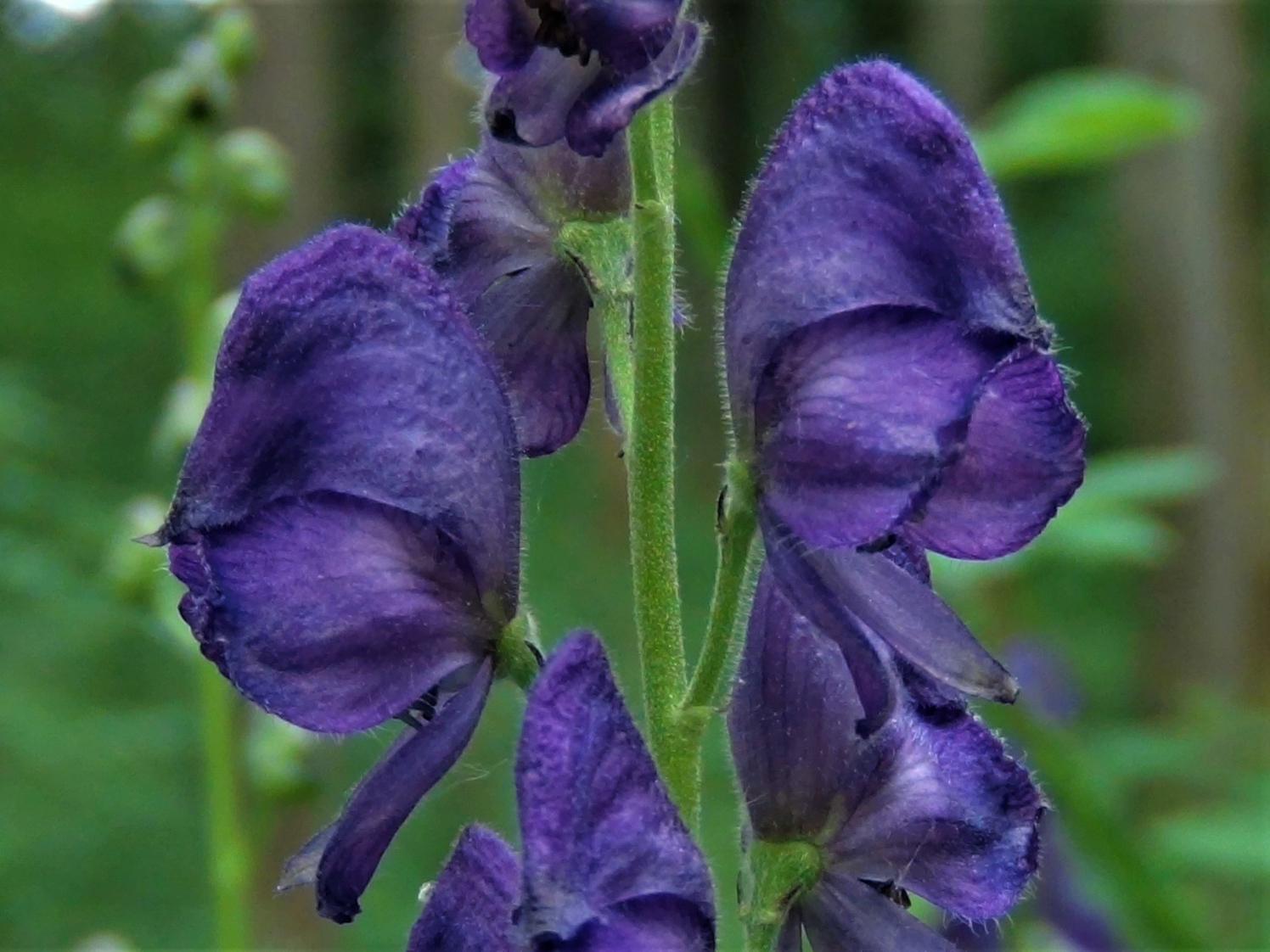As the days grow shorter and the leaves begin to change, autumn arrives, bringing with it a breathtaking display of nature’s beauty through a palette of vibrant colors.
Autumn flowers, with their rich hues and delicate petals, add warmth to the cooling landscape. From the iconic chrysanthemums—the reigning queens of fall—to the elegant cyclamens, the world of autumn blooms is a captivating realm to explore.
Join us on a journey to discover the finest autumn flowers, each with unique features and symbolic meanings, perfect for brightening up your garden and home.
Chrysanthemum
Blooming time: Late summer to autumn
Chrysanthemums come in a variety of shapes and colors, from daisy-like forms to pompom and spider blooms, in hues of yellow, red, orange, and pink.
Symbolizing joy, longevity, and fidelity in various cultures, chrysanthemums are also Japan’s national flower, representing the Emperor’s family. Their diverse shapes and vibrant colors make them ideal for adding texture and a pop of brightness to bouquets, making stunning autumn floral arrangements. Chrysanthemums are also the birth flower for November.
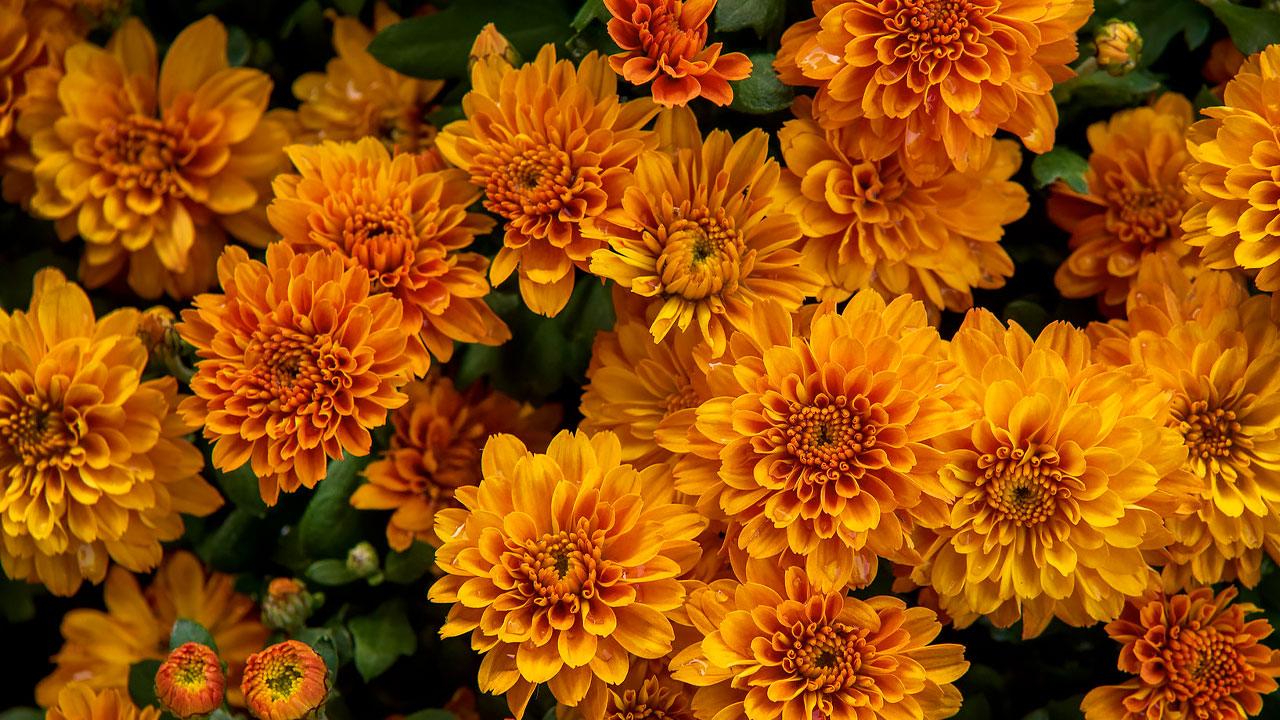
Autumn Crocus
Blooming time: Early to mid-autumn
As other plants begin to wither, the delicate, cup-shaped autumn crocuses appear directly from the soil without any foliage, seemingly emerging from nowhere. These blossoms come in a delightful range of colors, including purple, pink, and white.
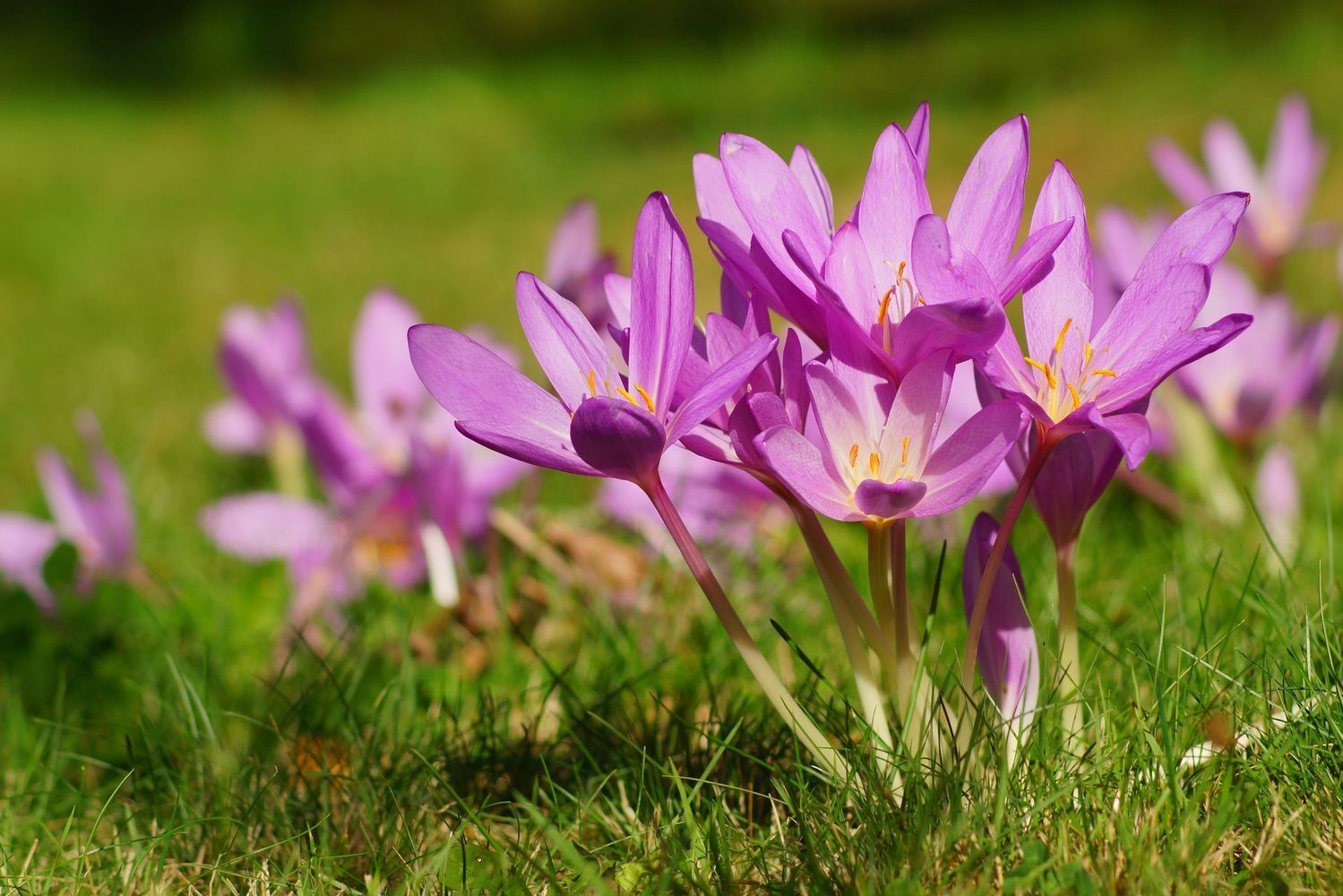
Dahlia
Blooming time: Late summer to autumn
Dahlias are large, showy blooms available in a variety of forms, from single and double to pompon and cactus-shaped, with colors ranging from bold reds and oranges to soft pinks and purples. Their wide color palette makes them an ideal complement to any floral arrangement.
Originally cultivated by the Aztecs as a food crop, dahlias were introduced to Europe in the 19th century and quickly became popular garden flowers.
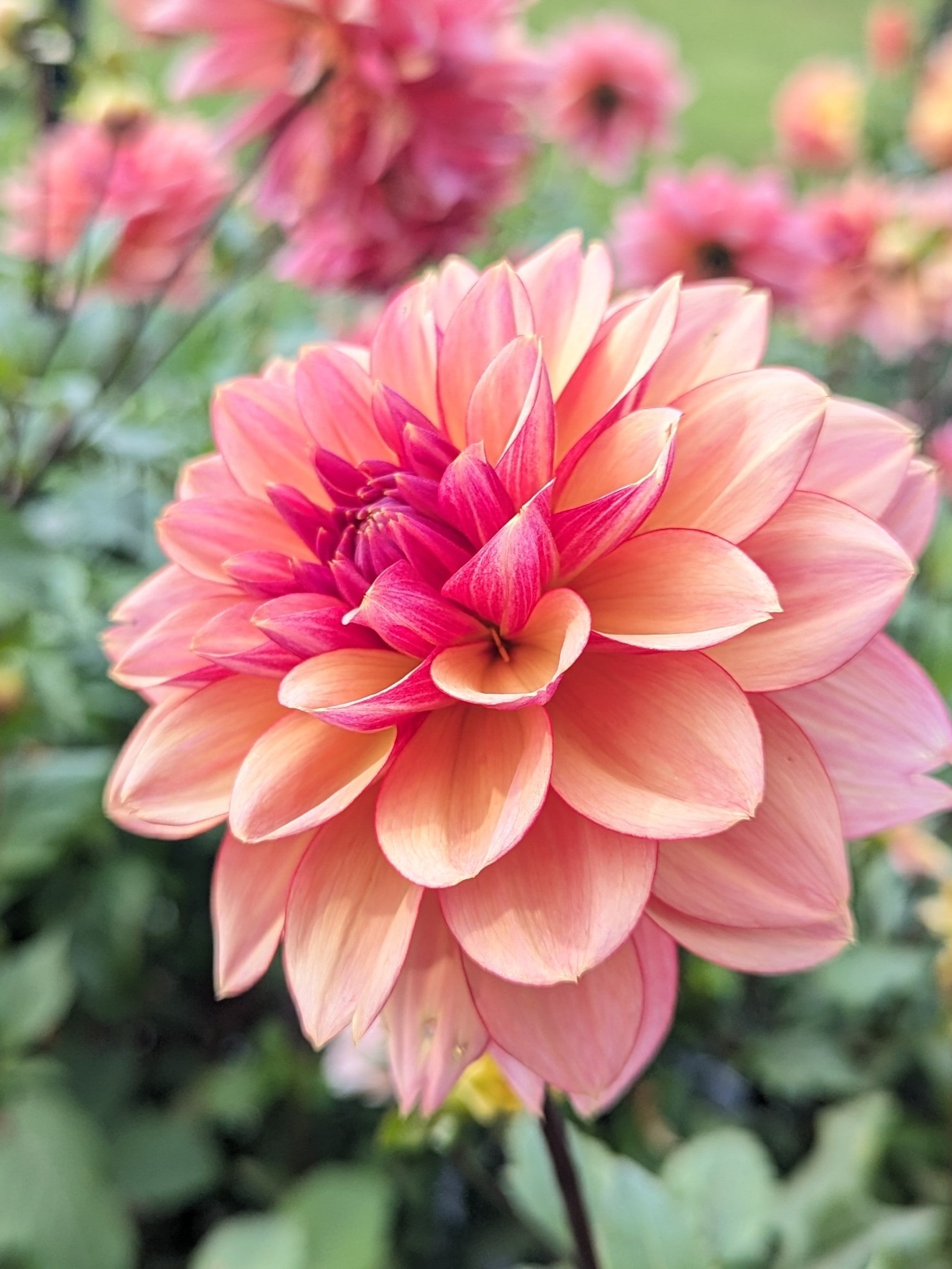
Pansy
Blooming time: Late summer to autumn (and can even last through winter in milder climates)
Pansies are small, charming flowers, some of which have delicate “faces” on their petals, resembling tiny smiles. They come in a variety of colors, such as bold purples, bright yellows, and soft pinks.
The name “pansy” comes from the French word “pensée,” meaning “thought.” In the language of flowers, pansies convey loving thoughts and remembrance—perfect for letting someone know you’re thinking of them.
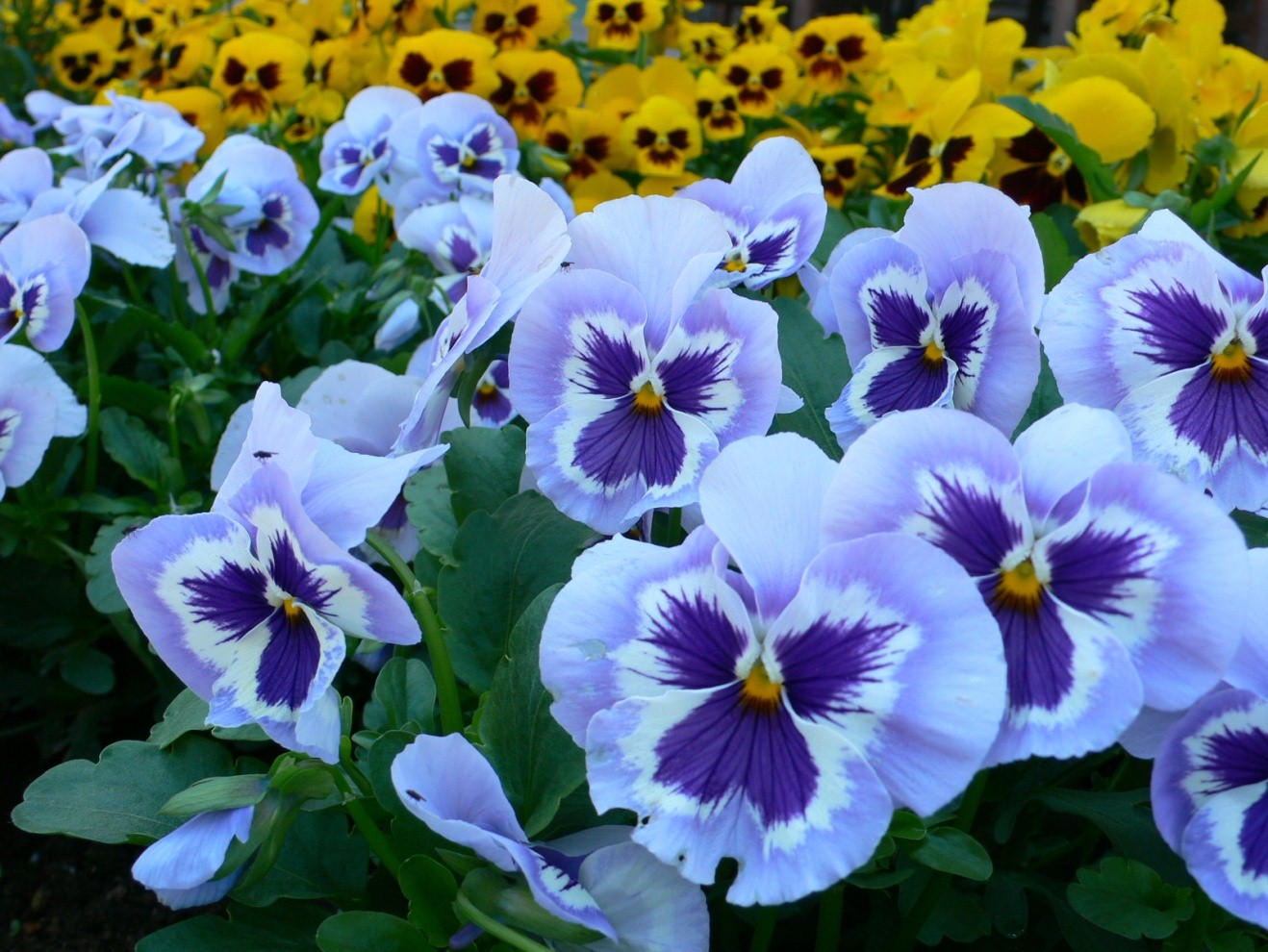
Aster
Blooming time: Late summer to autumn
Asters have a daisy-like appearance with a central disk surrounded by rays of petals, resembling miniature starbursts. These flowers bloom in shades of blue, purple, pink, and white.
Named after stars, asters are associated with the Greek goddess Astraea, who, in mythology, transformed into the Virgo constellation. They symbolize innocence and purity.
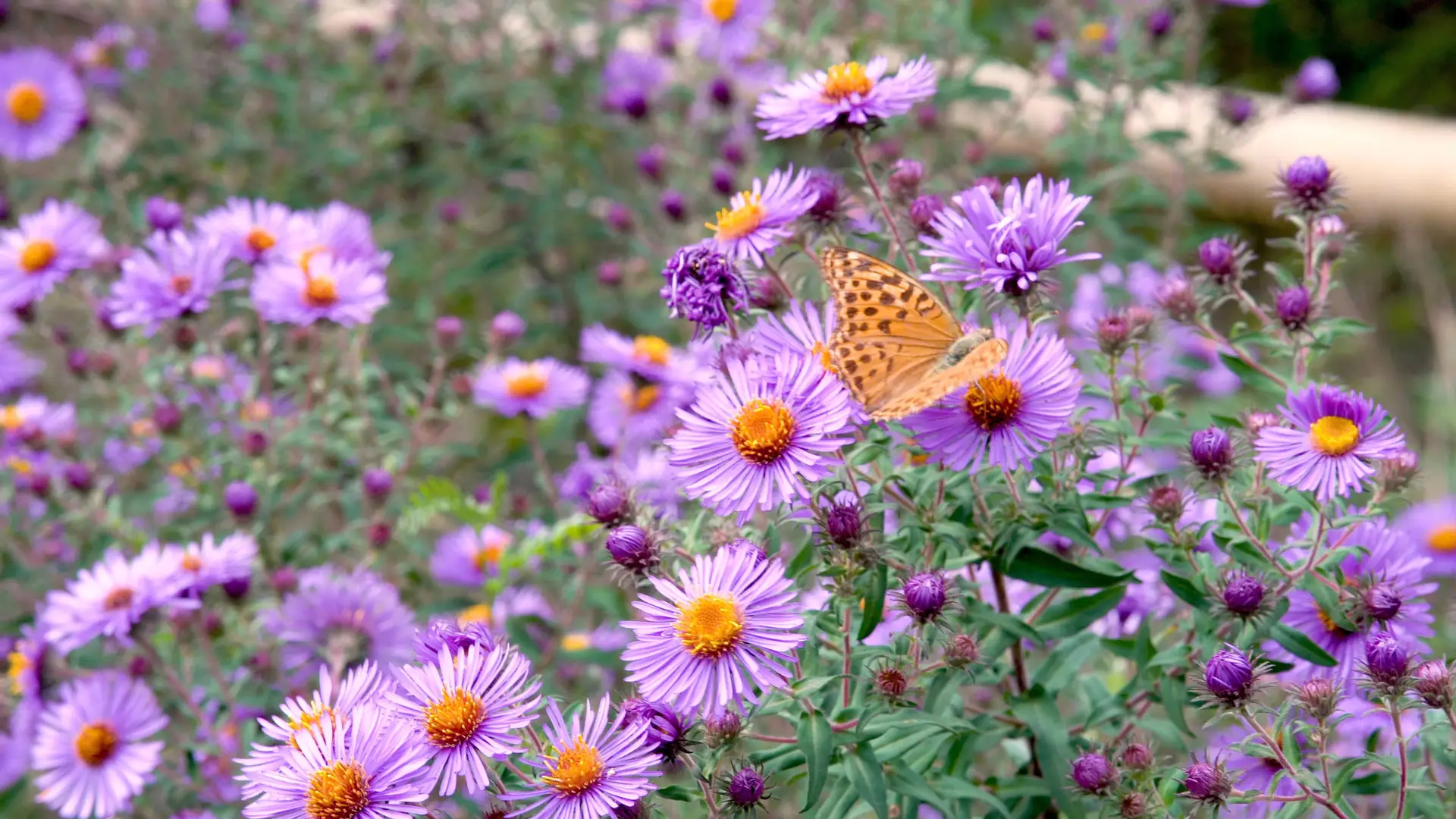
Cyclamen
Blooming time: Autumn
With their gracefully curved petals in shades of pink, purple, and white, cyclamens resemble shooting stars, adding a magical touch to any setting.
In the language of flowers, they represent resignation and farewells. In ancient times, cyclamens were linked to Hades, the god of the underworld, believed to have emerged from his tears, adding an air of mystery to their allure.
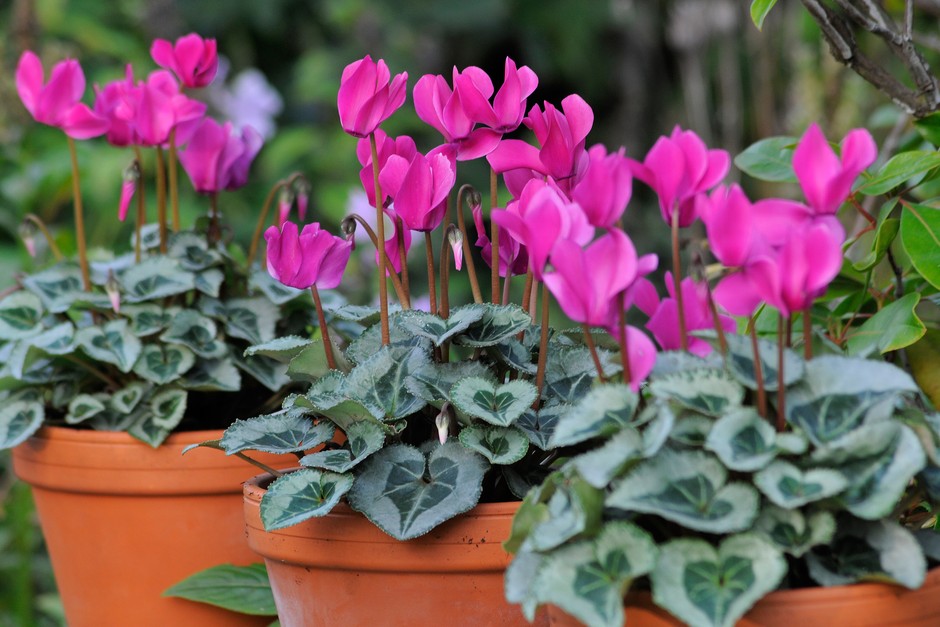
Sunflower
Blooming time: Summer through autumn
With their golden-yellow hues, sunflowers are captivating flowers that radiate cheerfulness. Standing tall on sturdy stalks, sunflowers reach for the sky, spreading joy wherever they bloom.
Sunflowers symbolize adoration, loyalty, and admiration, making them a popular choice for expressing heartfelt emotions. In many cultures, they are associated with positivity, happiness, and the sun, representing warmth and growth—perfect for brightening any room and bringing a smile to the recipient’s face.
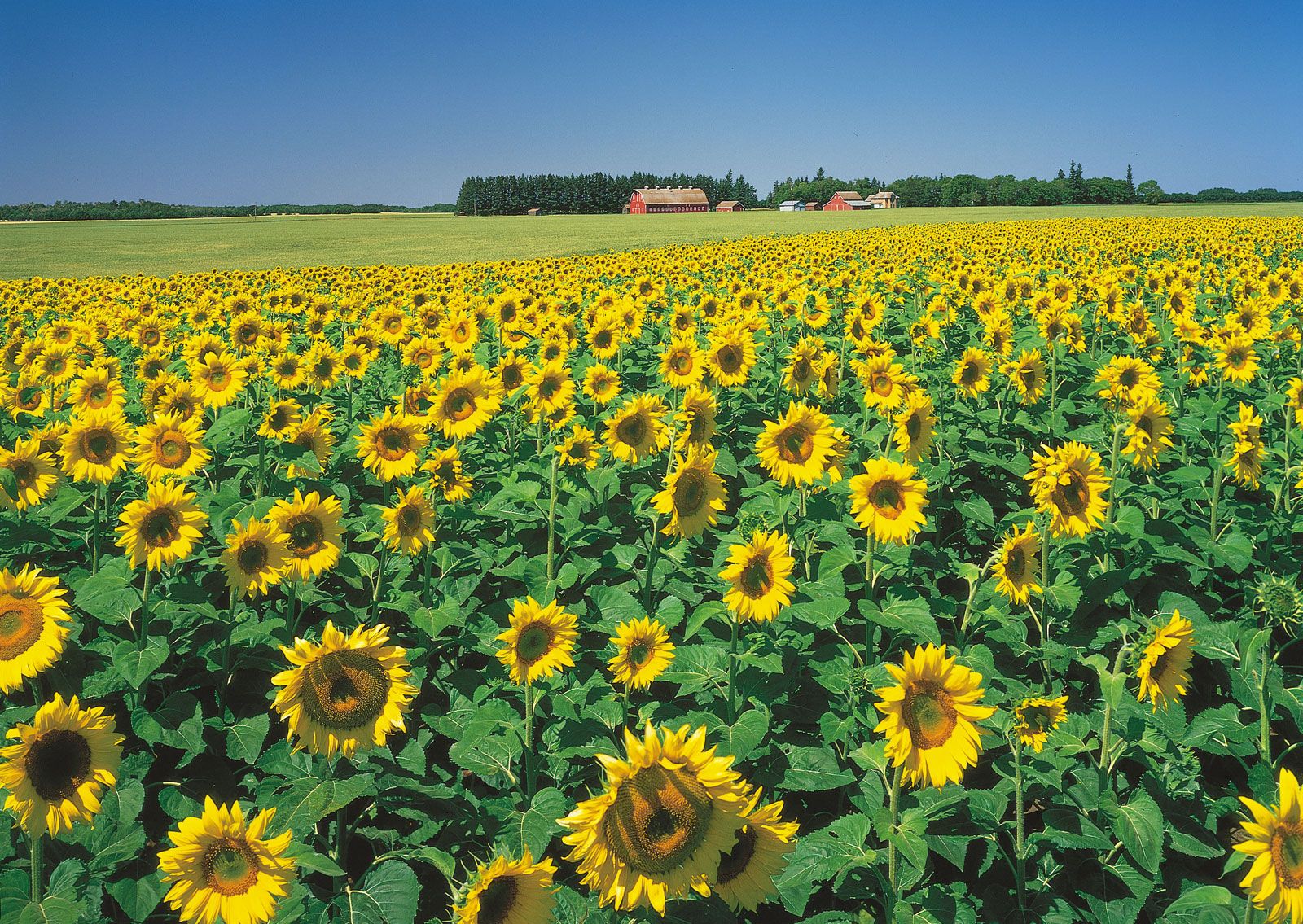
Zinnia
Blooming time: Late spring to autumn
Zinnias come in a variety of shapes, including single, double, and dahlia-like blooms, and in a wide array of colors, from vibrant reds and oranges to soft pinks, purples, and sunny yellows.
Native to Mexico and the southwestern United States, zinnias were sacred to the Aztecs and were also cultivated by Native Americans for medicinal purposes. They are symbols of endurance and lasting affection, making them a beautiful representation of friendship and enduring bonds.
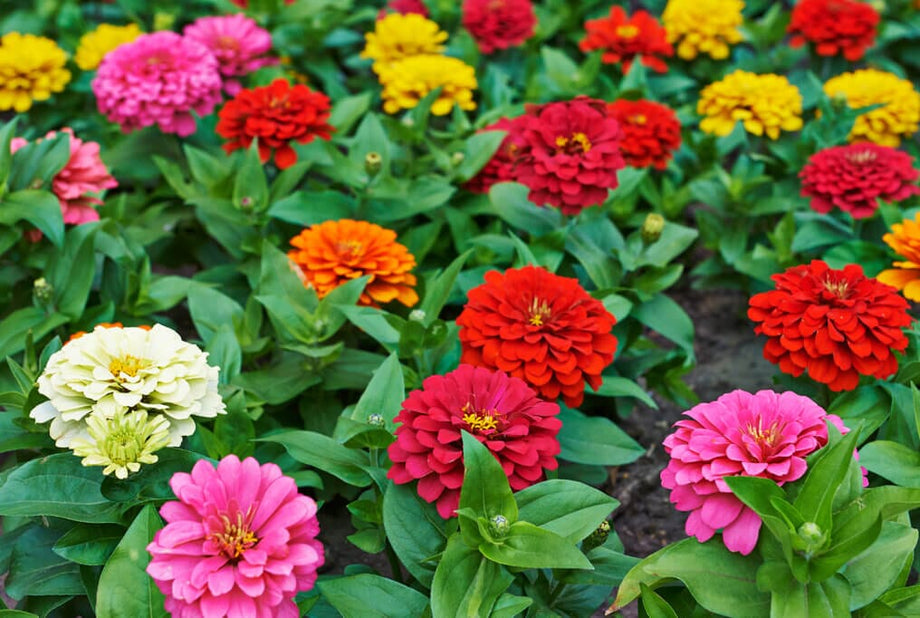
Rose
Blooming time: Late spring to early autumn
Roses are perhaps the most beloved flower year-round, available in a wide range of colors, from deep, passionate reds to soft pinks, bright yellows, pure whites, and more.
They are the ultimate symbol of love and passion, with meanings that trace back to ancient civilizations. Each color carries its own message—red symbolizes love, pink expresses gratitude, and yellow conveys friendship and happiness.

Coneflower
Blooming time: Mid to late summer and through autumn
Coneflowers, also known as echinacea, are distinctive for their cone-shaped centers surrounded by petal-like rays in hues such as pink, purple, white, and orange. They resemble daisies but with a bold, unique twist.
Historically used by Native Americans for medicinal purposes, coneflowers today symbolize strength, healing, and resilience. They make a meaningful gift for someone facing challenges, as they represent hope and endurance.
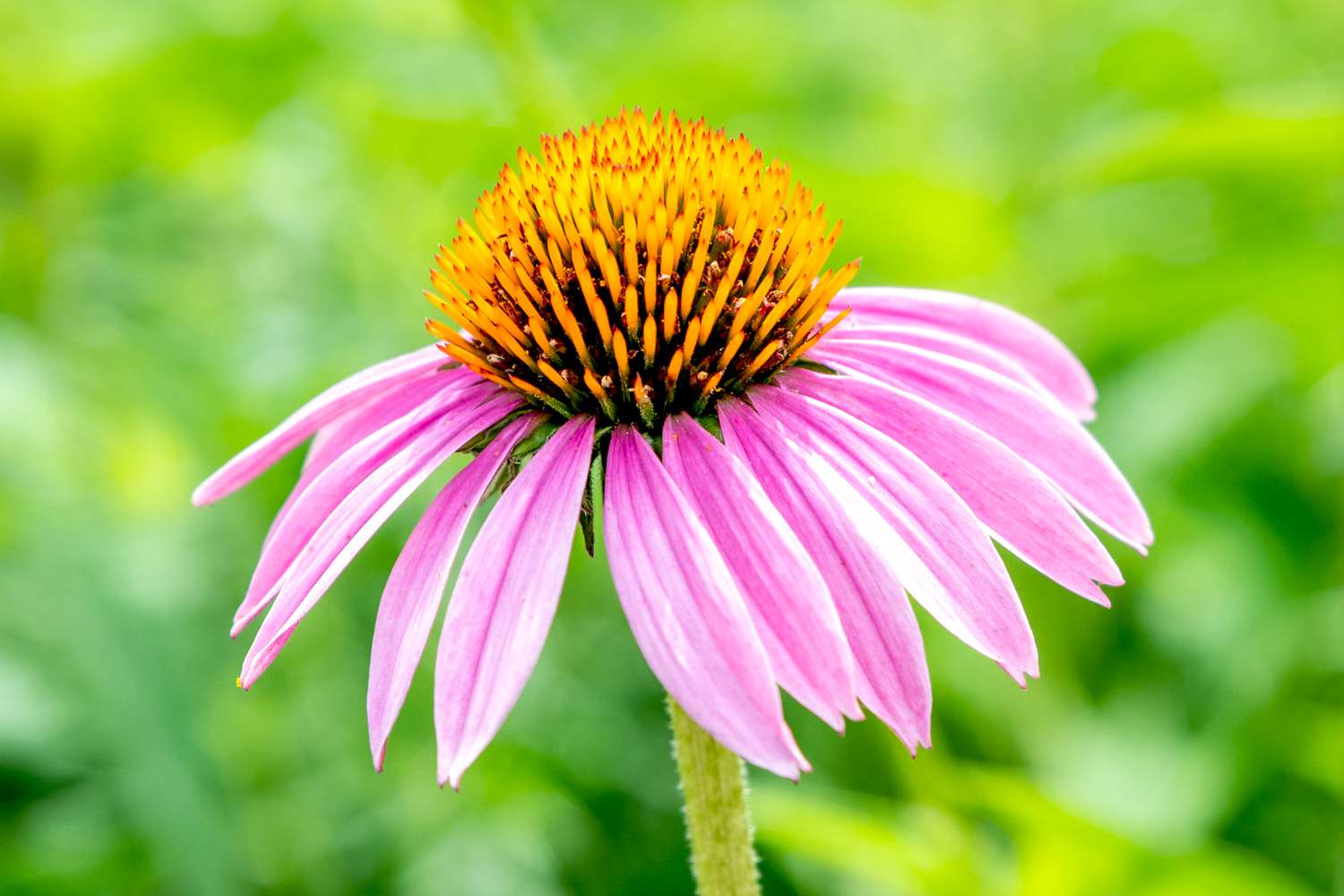
Chinese Lantern
Blooming time: Late summer into autumn
Chinese lanterns, also called physalis or “ground cherries,” have bright orange-red husks that resemble small paper lanterns and enclose berry-like fruits.
As the husks dry, they can be used in crafts and seasonal decorations, bringing a charming autumnal touch to DIY projects.
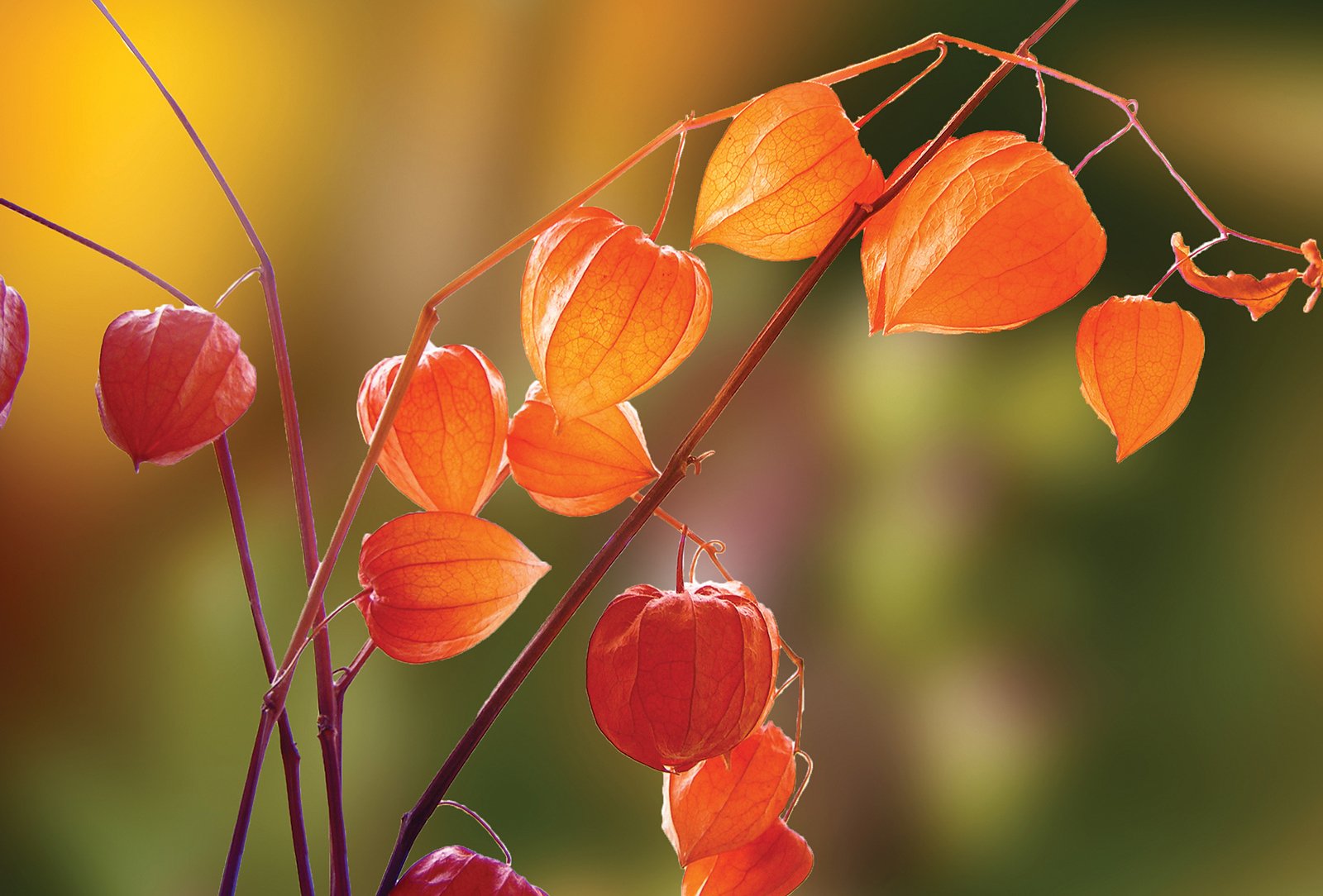
Guernsey Lily
Blooming time: Late summer through autumn
Guernsey lilies boast stunning, lily-like flowers with long, delicate petals in shades of pink, white, and crimson.
Originally from South Africa, these flowers were introduced to the Channel Island of Guernsey, where they earned their common name. Today, they symbolize femininity, grace, and affection, making them perfect for expressing love and admiration.

Japanese Anemone
Blooming time: Late summer through autumn
Japanese anemones display delicate, cup-shaped flowers with a prominent central disk, and they come in shades of white, pink, and soft lavender.
In Japan, they symbolize good luck and looking forward to the future. In the language of flowers, they represent a love that didn’t quite flourish, adding a touch of mystery to their appeal.
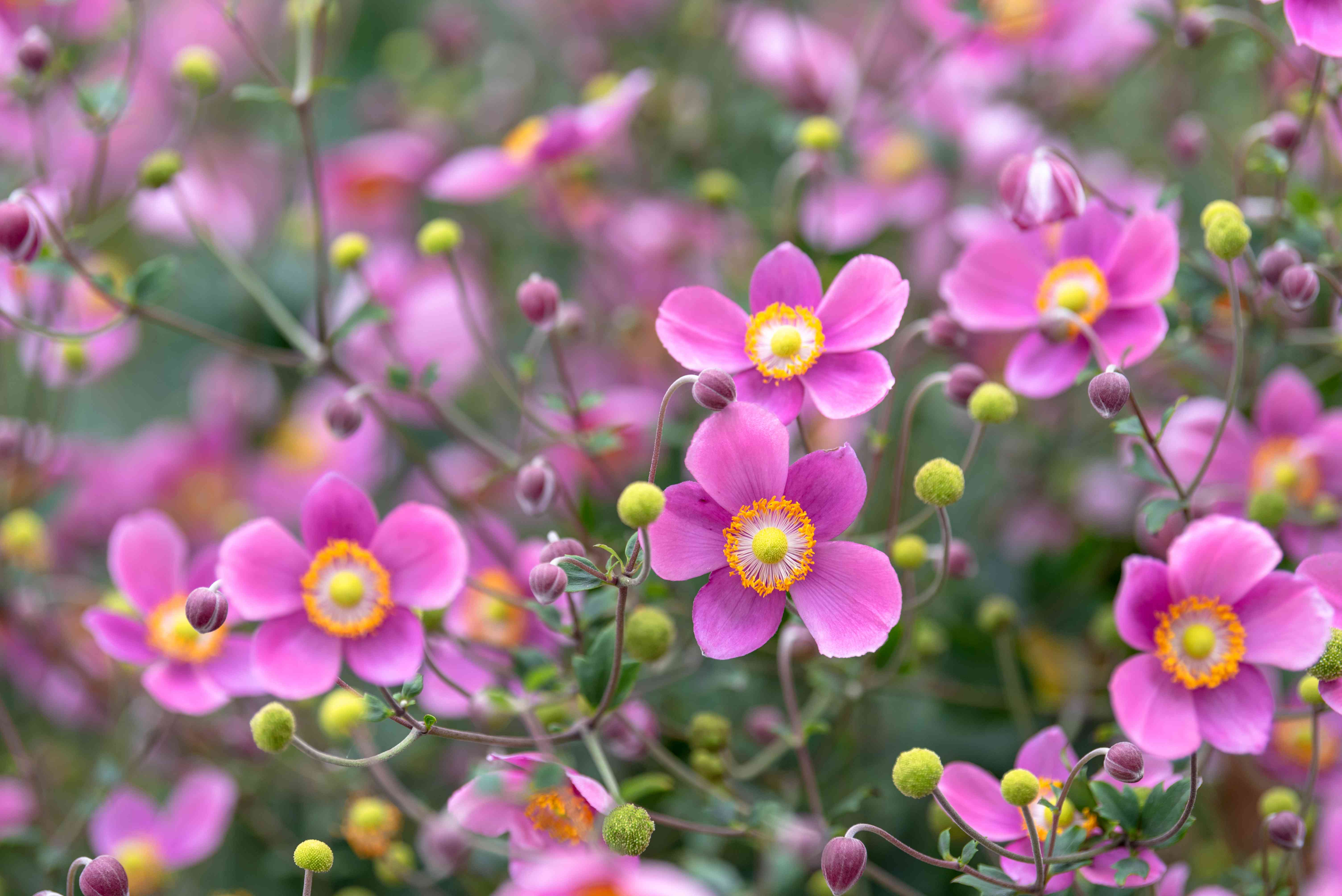
Sedum
Blooming time: Late summer through autumn
Sedums, often called “Stonecrop,” are known for their fleshy, succulent leaves and clusters of small, star-shaped flowers in shades of pink, purple, white, and deep burgundy.
In folklore, sedums were believed to ward off evil spirits and were used for protection. Today, they’re valued for attracting bees and butterflies, making them a great addition to any garden.
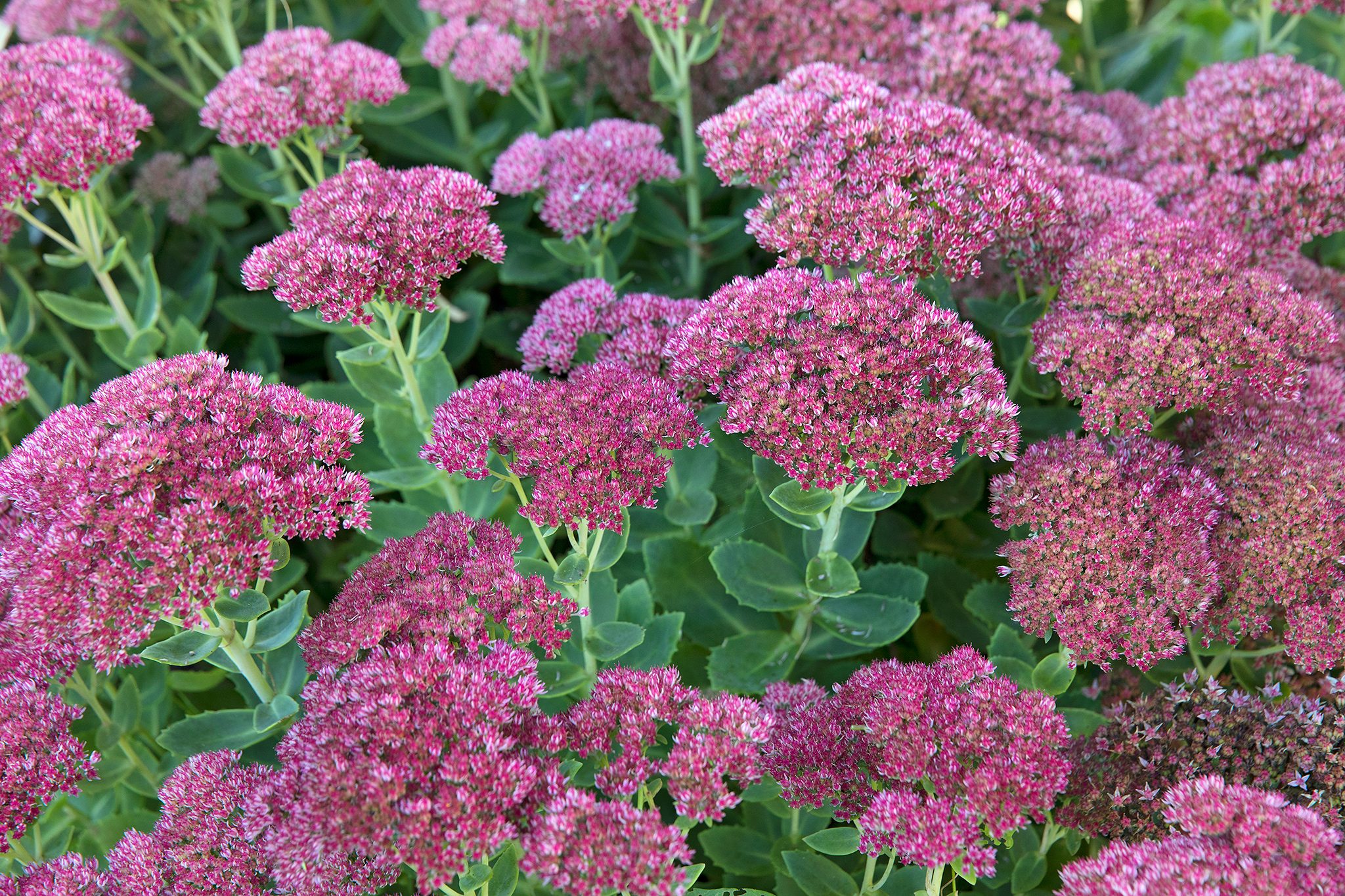
Helenium
Blooming time: Late summer through autumn
Heleniums showcase daisy-like flowers with vibrant shades of yellow, orange, red, and deep mahogany.
Historically referred to as “sneezeweed,” heleniums were once used in traditional medicine as a nasal irritant, though they are safe to handle today!
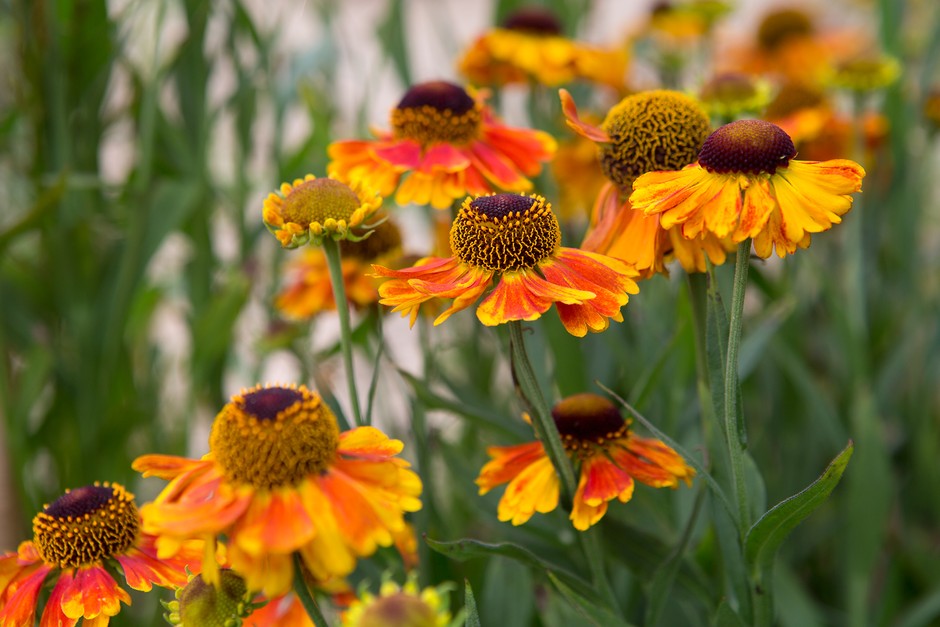
Phlox
Blooming time: Late summer through autumn
Phlox flowers bloom in clusters of small, star-shaped blossoms and come in vibrant colors like pink, purple, white, and red.
In addition to their beauty, phlox flowers carry meaningful symbolism, representing sweet dreams and harmony, promoting a sense of tranquility and positivity.
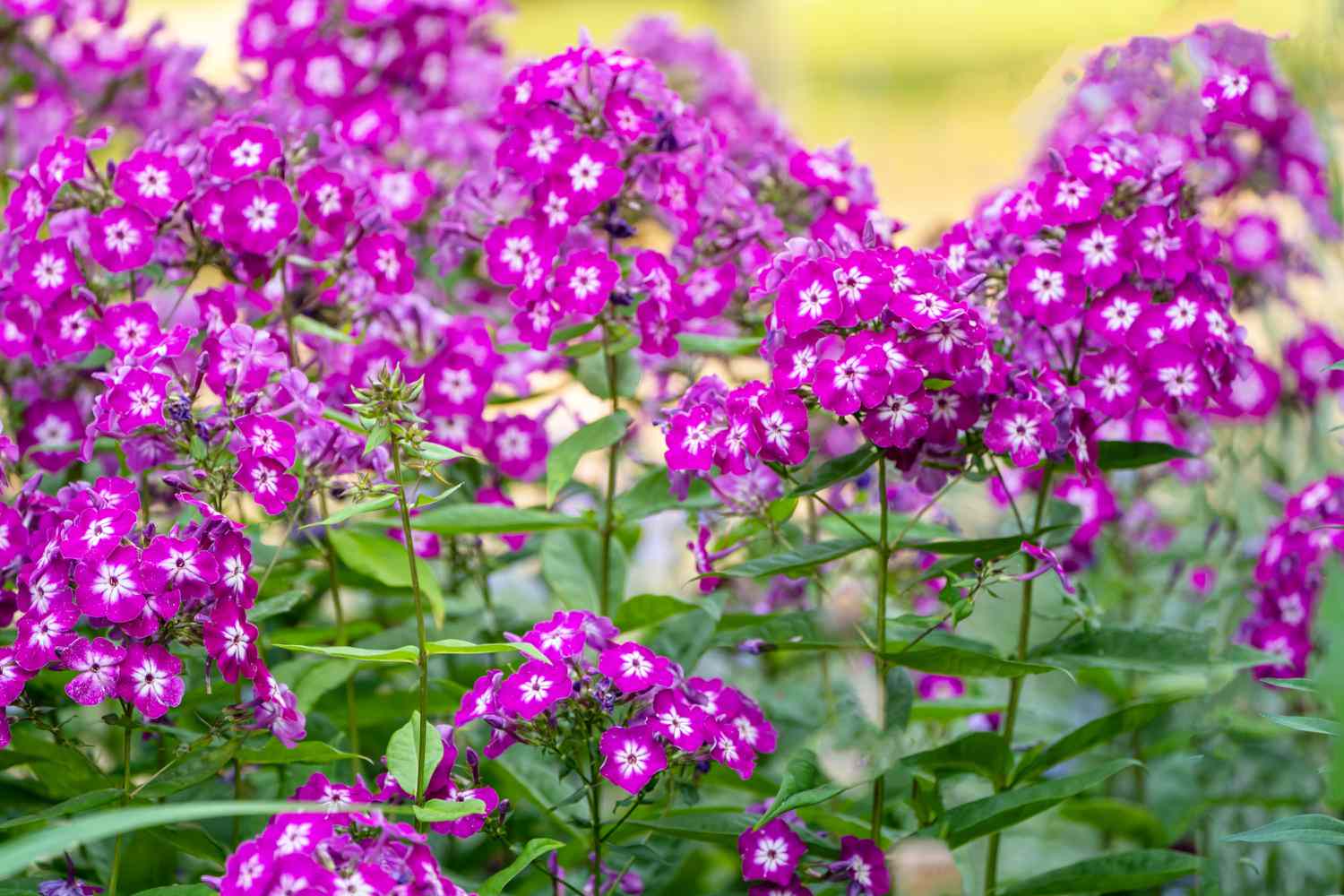
Cock’s Comb
Blooming time: Late summer through autumn
Cock’s comb flowers are known for their bright, velvety, crested heads that resemble a rooster’s comb. They bloom in shades of red, pink, orange, and gold.
Symbolically, cock’s comb represents affection and warmth, making it a popular flower for expressing love and devotion during special celebrations.
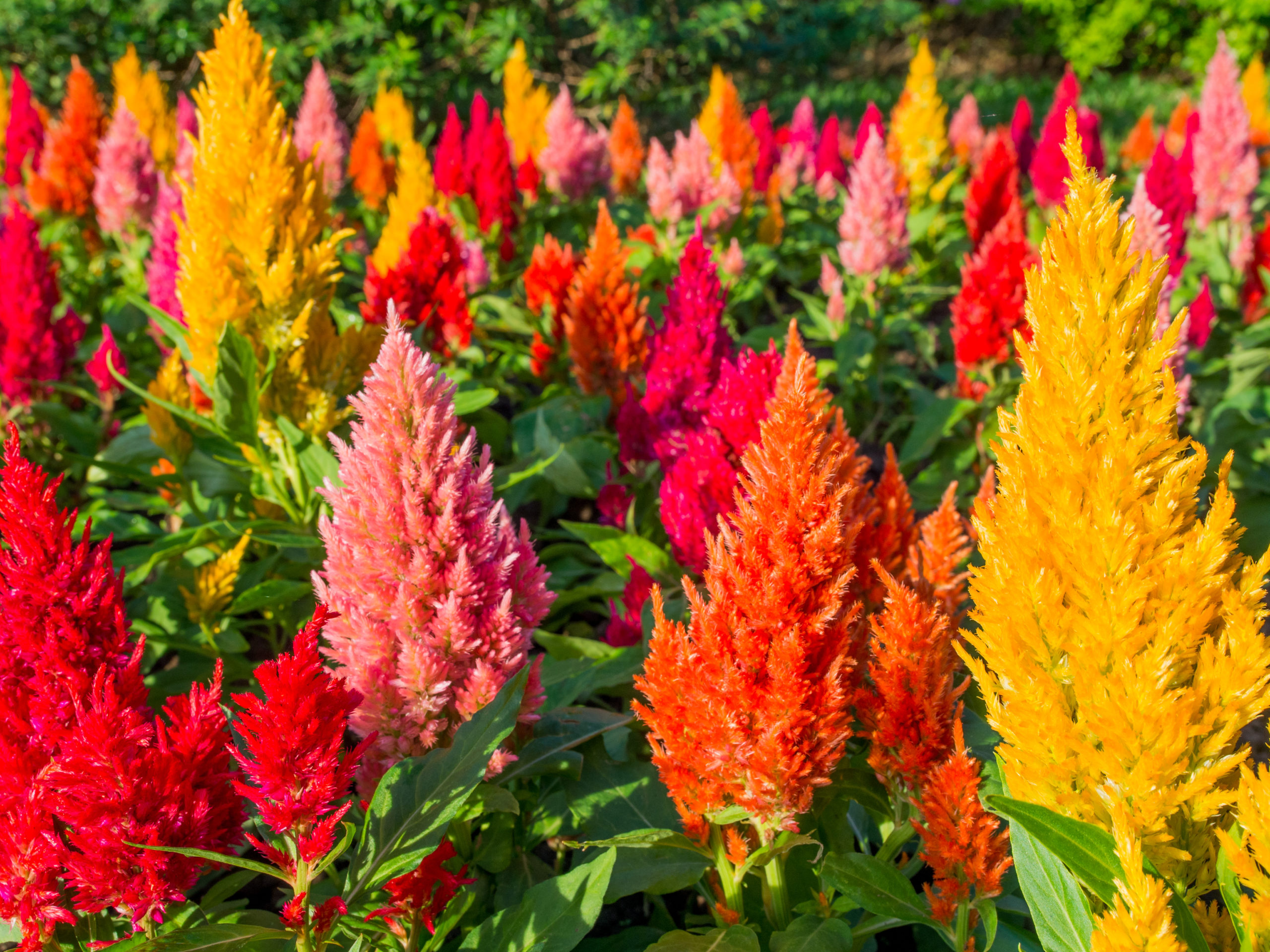
Monkshood
Blooming time: Late summer through autumn
Monkshood flowers have hooded, helmet-like shapes that resemble the cowls worn by medieval monks. They come in colors such as blue, purple, and white.
While monkshood is a highly toxic plant, historically used in hunting and warfare, it also has a history of medicinal use in traditional medicine. Despite its dangerous nature, the flower remains visually striking.
